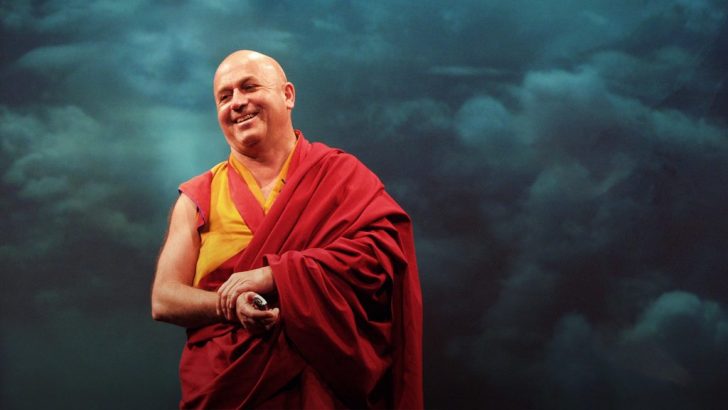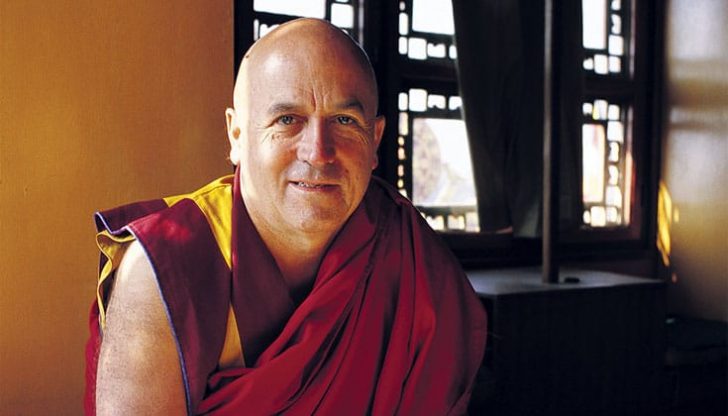In the relentless hustle and bustle of the modern world, the quest for happiness often feels like an elusive dream. But what if I told you that there is a man who has been dubbed “the world’s happiest”? Matthieu Ricard, a Buddhist monk and celebrated author, invites us to explore his spiritual voyage through his latest book, “Happiness.”
The Buddhist monk offers profound insights into the nature of joy, the complexities of suffering, and the secrets to nurturing a life filled with happiness and well-being.
The Unexpected Journey to Joy
Matthieu Ricard’s path to happiness took a remarkable detour. Born in France in 1946, he initially trod the scientific route, earning a Ph.D. in molecular genetics and working in prestigious laboratories. Yet, an undeniable void lingered. Amidst the microscopes and petri dishes, he felt the pull of a deeper purpose.

In the tranquil folds of the Himalayas, Ricard’s spiritual expedition led him to encounter eminent Tibetan masters, including the revered Dalai Lama.
This meeting with the Dalai Lama was a turning point, prompting Ricard to dedicate his life to Buddhism and become a monk. His transformation was profound. And he discovered a profound sense of purpose and inner peace within the teachings of Buddhism.
Merging Spirituality and Science
One of the most captivating facets of Ricard’s journey is the fusion of spirituality and science. He is not just a monk. Instead, he is a scientist-monk who has actively engaged with neuroscientists to explore the impact of meditation on the human brain.
It was through this collaboration that Ricard earned his reputation as “the world’s happiest man.” Ricard’s unique blend of science and spirituality lends profound credibility to his insights on happiness.

He argues that happiness is not a fleeting emotion but a skill that can be honed through practices like meditation and mindfulness. In his latest book, “Happiness,” he shares practical wisdom on how to cultivate this skill and weave it into the tapestry of our lives.
The Essence of Suffering
Central to Ricard’s teachings is the recognition of suffering as an integral part of the human experience. He asserts that understanding suffering is pivotal to attaining genuine happiness. Rather than evading or suppressing it, Ricard encourages us to confront and transform our suffering.
Thus, Ricard’s wisdom draws from his own encounters with suffering and the profound teachings of Buddhism. He emphasizes that much of our suffering arises from our attachments and aversions.
The Pursuit of Happiness
While acknowledging suffering is essential, Ricard provides a roadmap to joy. The “Happiness” author contends that true happiness does not hinge on external circumstances like wealth or fame. But on the state of our minds. To nurture happiness, he encourages us to cultivate qualities such as compassion, altruism, and gratitude.

Ricard’s approach aligns harmoniously with the Buddhist principle of loving-kindness, where we extend genuine care and goodwill not only to ourselves but to all sentient beings. Thus, through the practice of loving-kindness meditation, we can elevate our capacity for joy and forge deeper connections with those around us.
The Paradox of Success
In our contemporary society, success is often synonymous with material wealth and worldly achievements. Yet, Ricard challenges this conventional paradigm.
He suggests that genuine success should be measured by our inner well-being, the quality of our relationships, and our contributions to the collective welfare.




